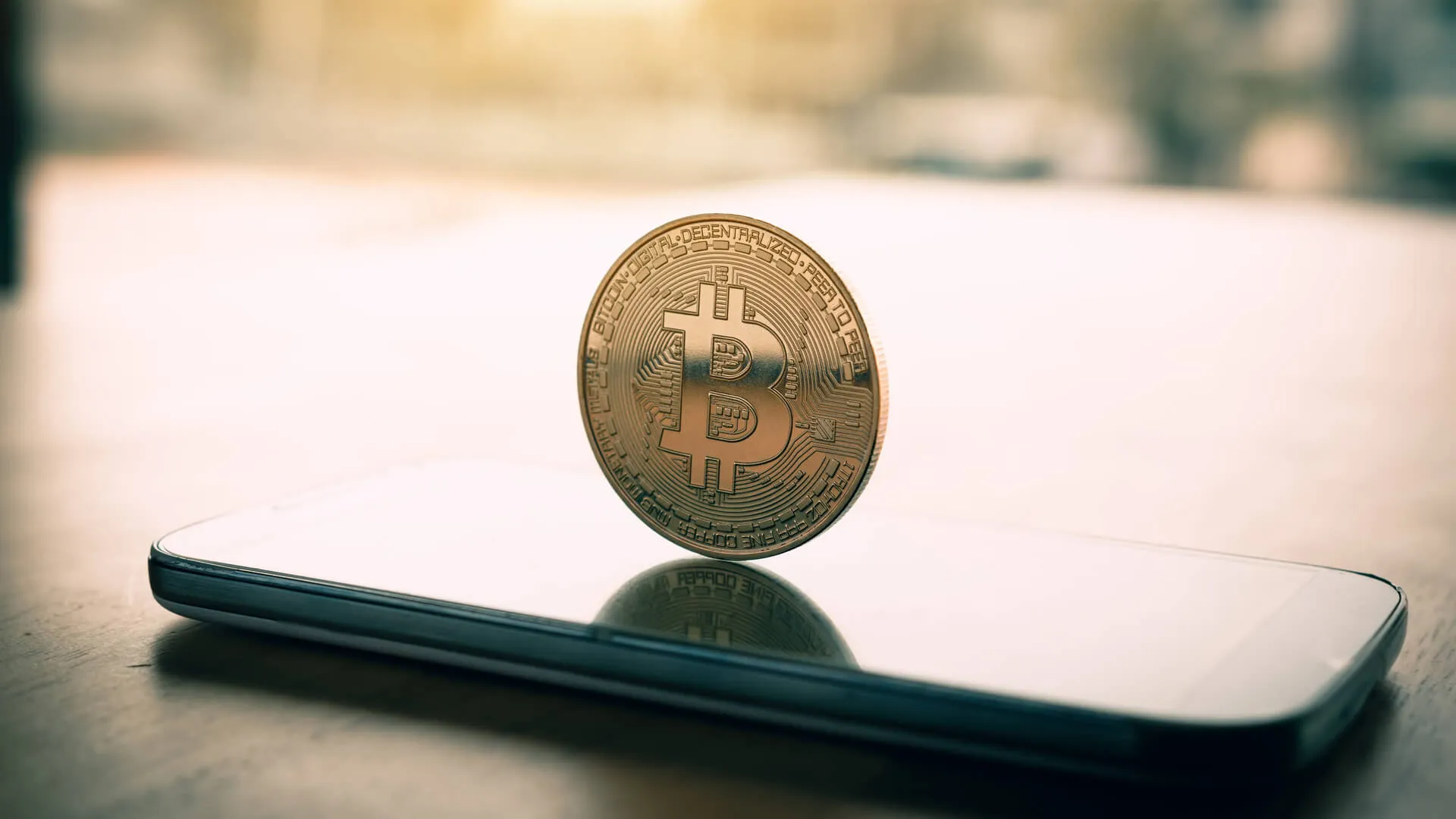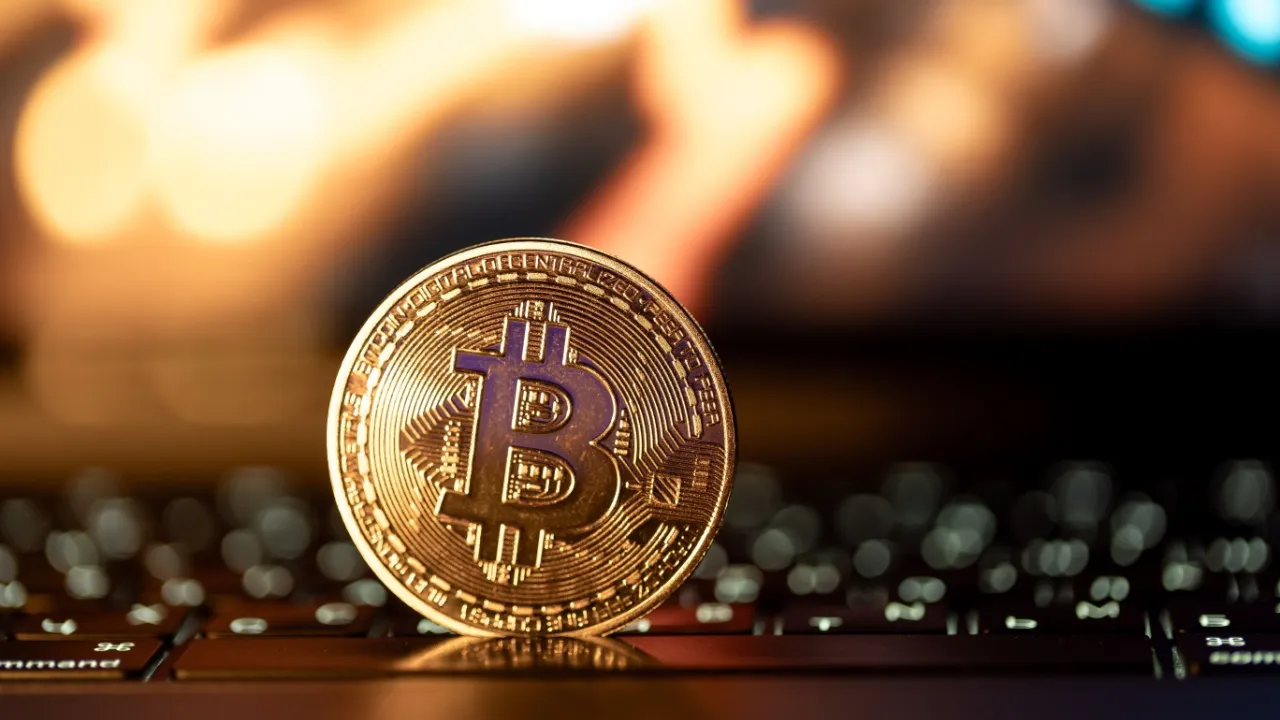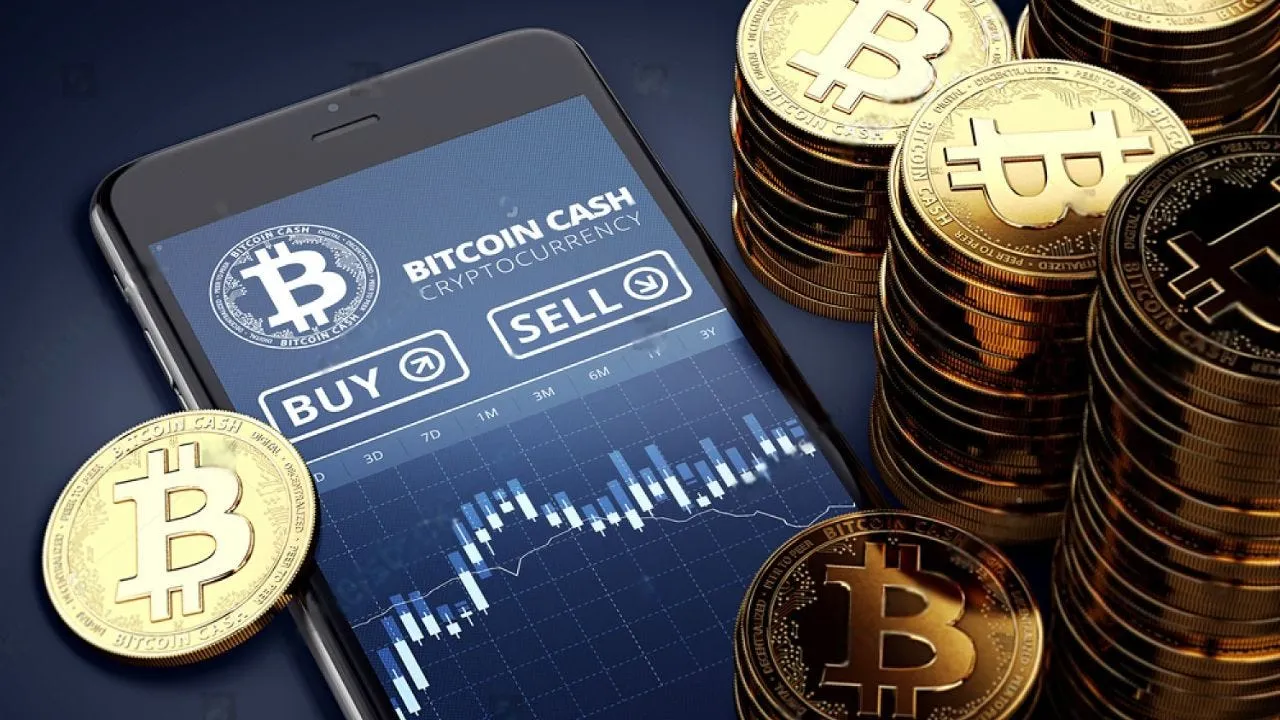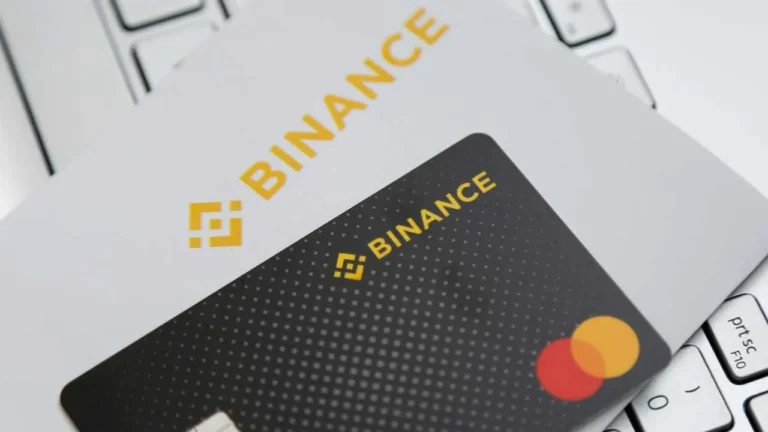Does a Fake Bitcoin Wallet Exist?
“Is there a fake Bitcoin wallet? Well, this discovery can yield an answer if Bitcoin wallets are created, how scammers design fake wallets, and the steps to safeguard your cryptocurrency. A must-read for every crypto enthusiast!”

Bitcoin wallets are an essential component of the cryptocurrency ecosystem, as they allow users to securely store, send, and receive Bitcoin.
At their core, wallets are a means to manage your private and public keys, two of the most important elements in ensuring safe transactions. Fake Bitcoin wallets are the tools designed for malicious motives to steal cryptocurrency or sensitive user information.
Many of them look and act just like real wallets, but with harmful features embedded in them. But what happens when this very important piece of technology becomes the target of scammers?
Scammers have created fake Bitcoin wallets, and the first step in protecting your assets is to understand how wallets work and how scammers can replicate them.
How does the Bitcoin Wallet Work?
A Bitcoin wallet categorizes differently, basically of three types: hardware wallets, software wallets, or even paper wallets. Each category of these has its appropriate field of usage, merits, and losses.
In every legitimate creation of the wallet, one would see that it had a long, randomly generated alphanumeric private key and then another accompanying public key to this key.
These act to lock up and release private data using some sort of cryptographic locking, which has different private transactions. So, to understand the concept of fake wallets, let’s first look at the functionality of a legitimate wallet:
1. Key Generation
A Bitcoin wallet creates a private key and its associated public key, with a private key is for your eyes only, while the public key is shared with others to receive funds.
2. Address Creation
From the public key, the wallet generates a Bitcoin address. It’s like your account number in the crypto world.
3. Transaction Signing
Each time you send Bitcoin, you are “signing” that transaction with your private key, proving that the funds are yours.
4. Blockchain Integration
Bitcoin wallets interact with a public ledger called a blockchain that records all Bitcoin transactions.
Legitimate wallets keep security and transparency in mind: they never ask for unjustified permissions and don’t store private keys on any centralized server, so theft can be avoided.
Why Do Fake Wallets Exist?

Apart from being a ploy for scammers to get the real deal, this is also set up for:
1. Financial Gain
The scammers can easily make quick money by stealing the users’ Bitcoin or other cryptocurrencies.
2. Identity Theft
In cases where private keys or personal data are collected, it leads to wider identity theft.
3. Fraudulent Activities
Fake wallets are sometimes part of major schemes, like phishing or Ponzi schemes.
Most fake wallets will request the user to enter their private keys or recovery phrases, which are then used by fraudsters to gain access to the funds.
Real-Life Examples of Fake Bitcoin Wallet Scams
Legitimate wallets often include two-factor authentication (2FA), encryption, and backup options. Fake wallets typically do not. Some examples are:
1. MyEtherWallet Scam
In 2017, a fake app claiming to be MyEtherWallet appeared on the Apple App Store. It looked identical to the real wallet but stole private keys from users.
2. Clipboard Hijacking Malware
Some fake wallets contain malware that alters the copied wallet addresses to the scammer’s address, which will result in funds being sent to the wrong address when a transaction is made.
3. Phishing Websites
Phony websites resembling legitimate wallet providers deceive users into downloading malicious software.
How to Avoid Fake Bitcoin Wallets
To escape every trace of scam on the online space, apart from being careful, one has to:
1. Download from Official Sources
Only download wallets from official websites or verified app stores.
2. Research Thoroughly
Look for user reviews, forums, and recommendations from trusted crypto communities.
3. Check the Developer
Verify the team or company behind the wallet. Transparent projects are usually safer.
4. Enable 2FA
Use extra security features, such as two-factor authentication, on wallets.
5. Test with Small Amounts
Before transferring large amounts, test the wallet with a small deposit.
What Are Some Reputable Alternatives to Bitcoin Wallets?

These would definitely be:
1. Hardware Wallets (e.g., Ledger, Trezor)
These physical wallets store your Bitcoin offline, providing the highest level of security.
2. Mobile Wallets (e.g., Trust Wallet, Exodus)
These wallets are user-friendly and intended for daily use.
3. Desktop Wallets (e.g., Electrum)
For advanced users, it offers a range of features, including custom fees.
4. Paper Wallets
Inconvenient but very secure; your private key is offline. The fake wallets are eroding the trust in the cryptocurrency industry.
New users who want to join the Bitcoin revolution may lose their funds and become skeptical of the technology. This skepticism would dampen the pace at which cryptocurrencies are adopted, hence the innovation.
But the industry is fighting back: developers are making more secure wallets, regulators are targeting scams, and communities are spreading awareness.
Final Words
The world of cryptocurrency is an innovative, opportunistic, and unfortunately very risky place. One of the most dangerous threats to your digital assets is fake Bitcoin wallets.
These fraudulent tools are designed to exploit trust, appear like legitimate platforms, and steal from unsuspecting users.
But the good news is that these scams are preventable. You can understand how wallets work, recognize red flags, and adopt best practices to safeguard your funds. Always be security-minded, choose trusted wallets, and stay updated on the latest threats in the crypto world.
Bright may be the future of cryptocurrency, but it is an affair that calls for vigilance. Remember, your wallet is the gateway to your Bitcoin. So, protect it like your most valuable asset.







